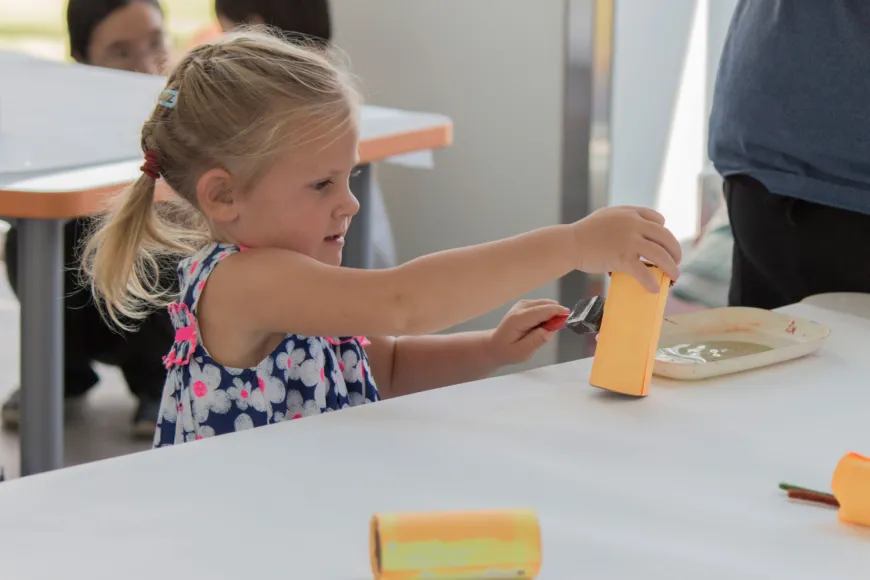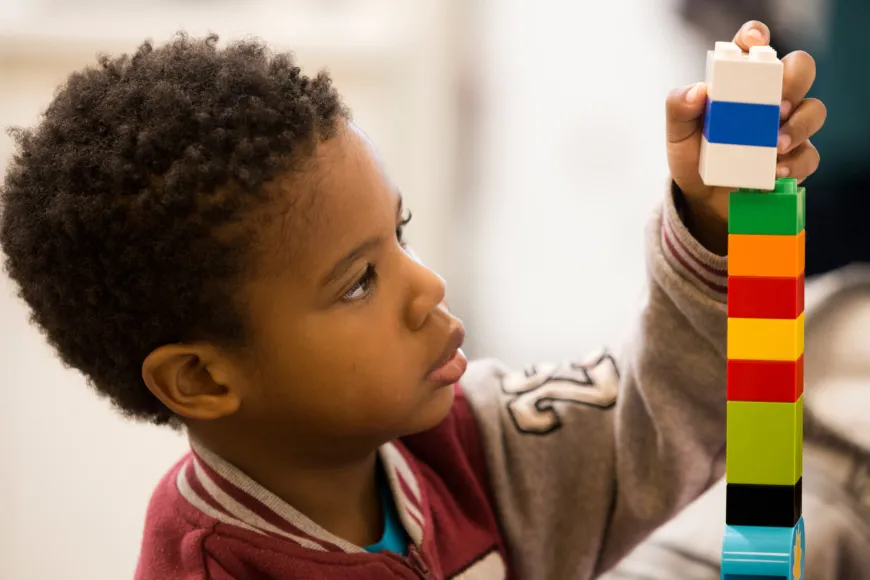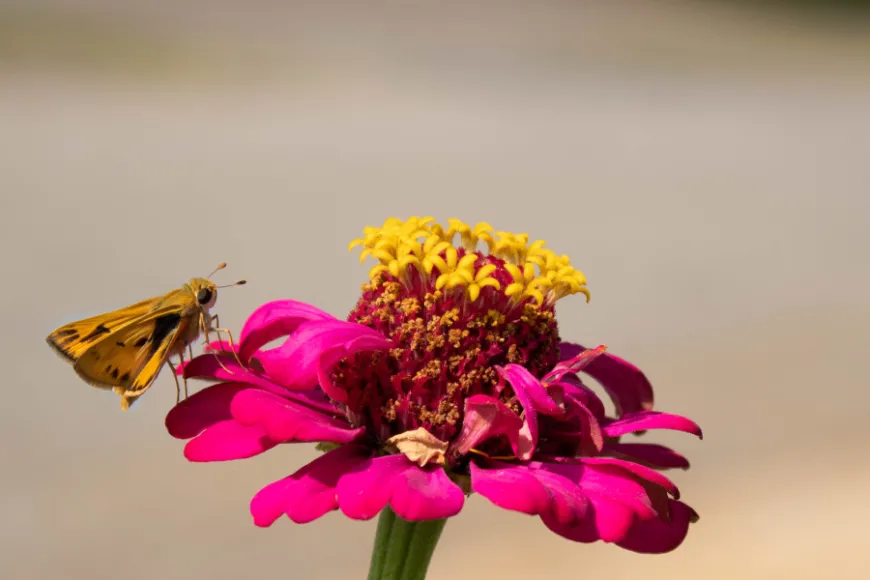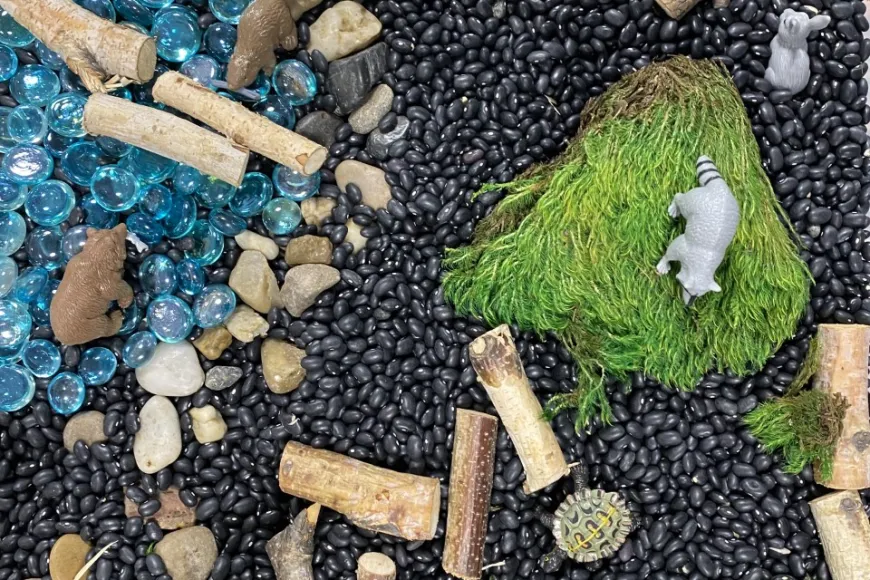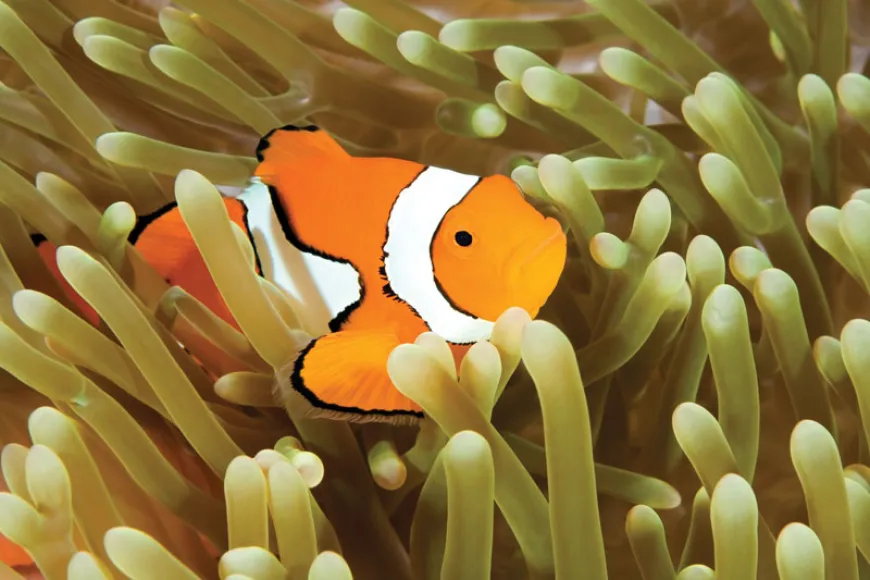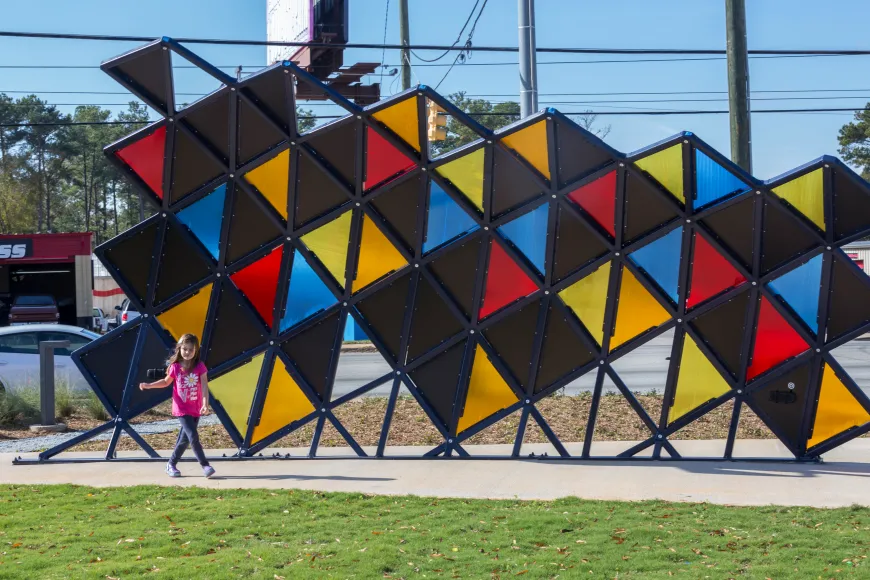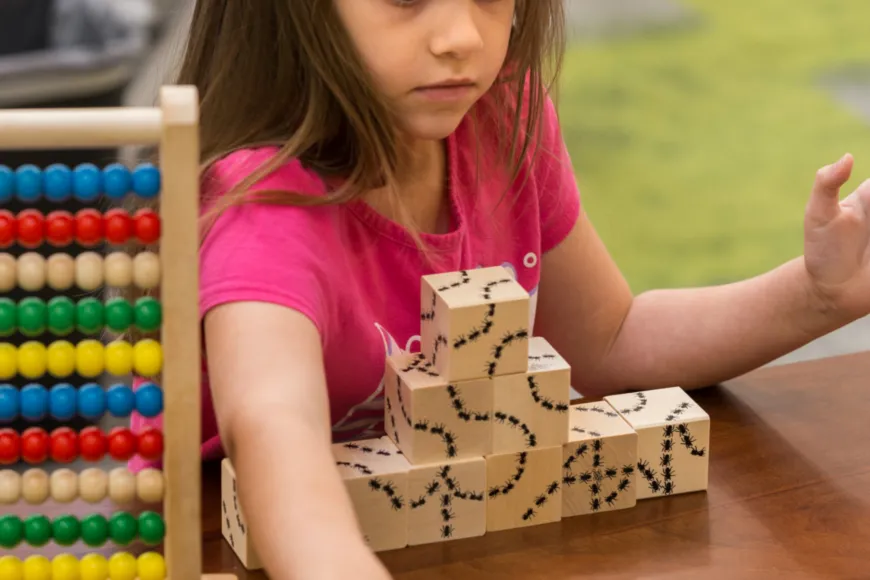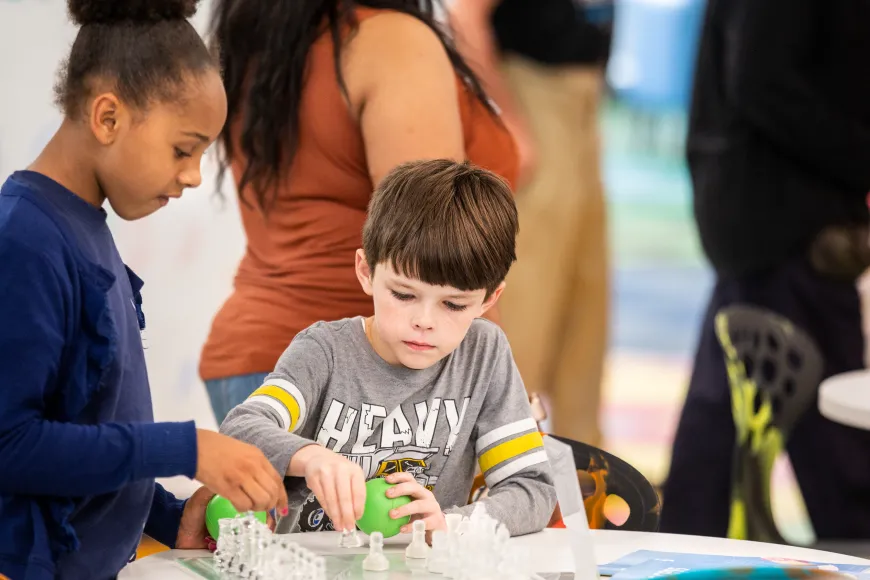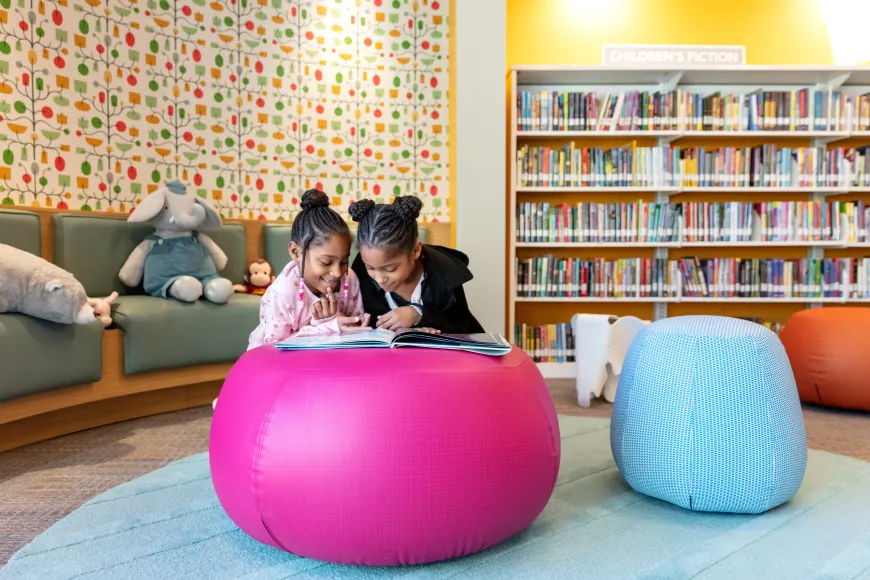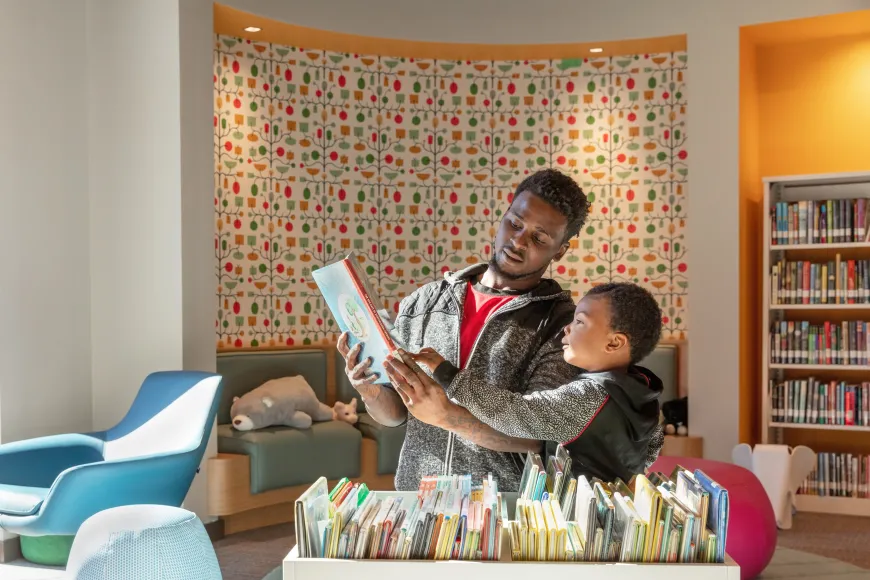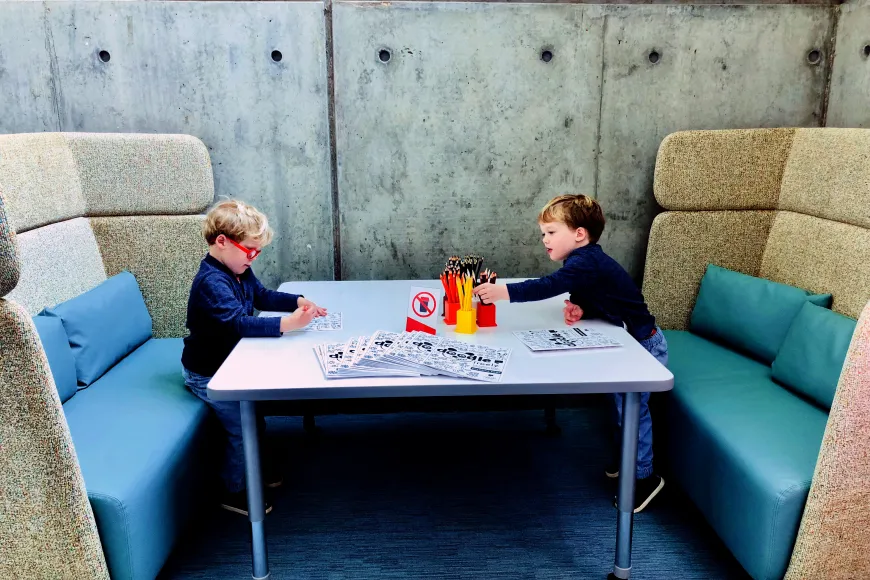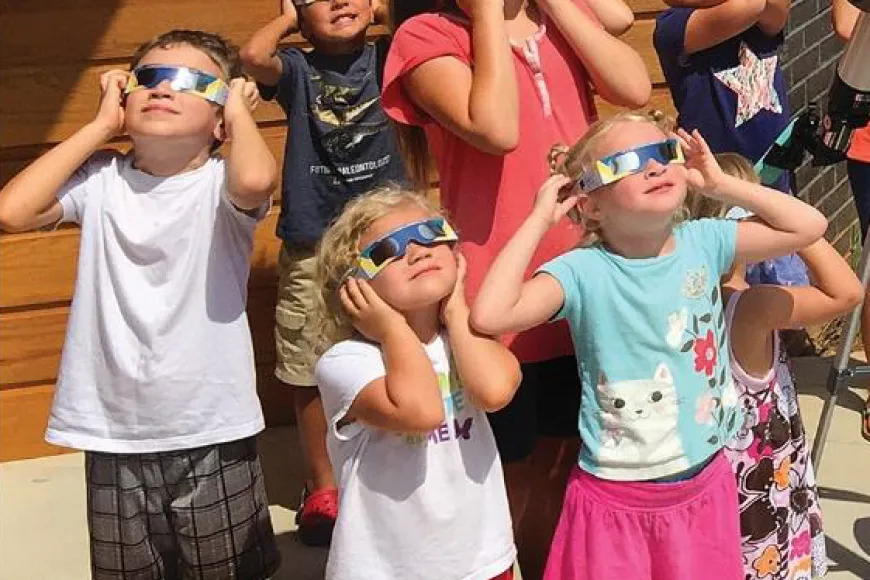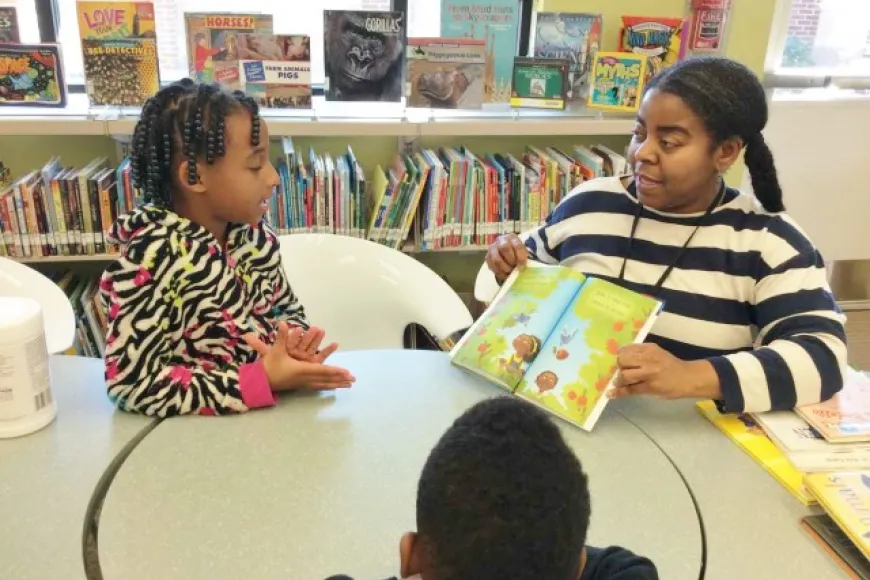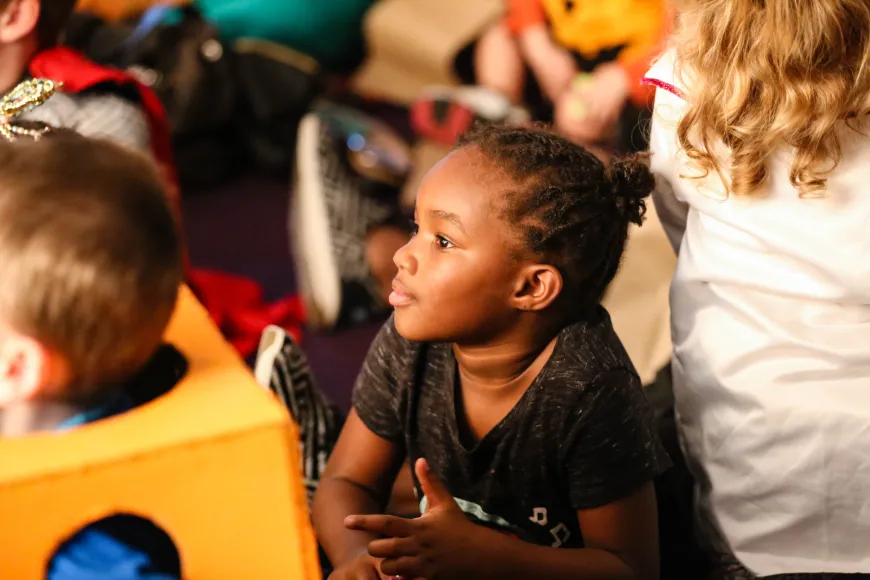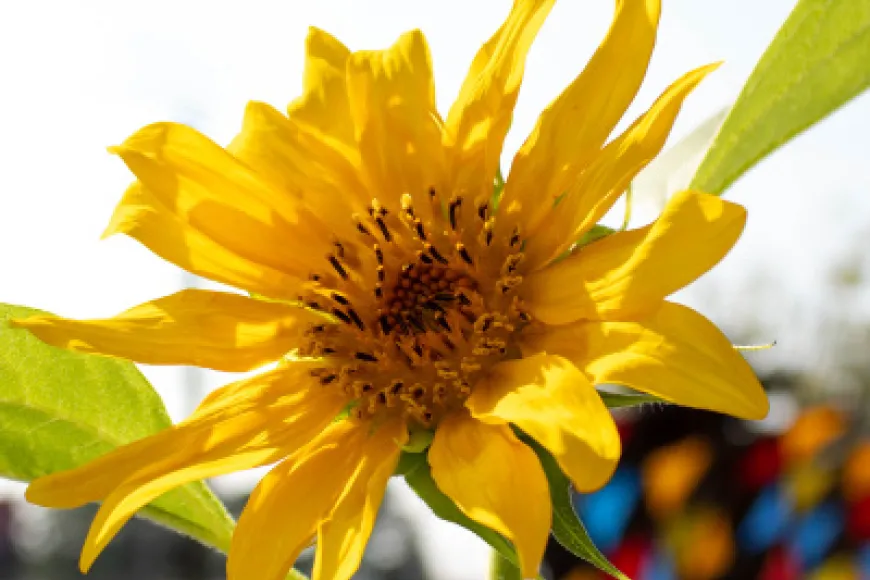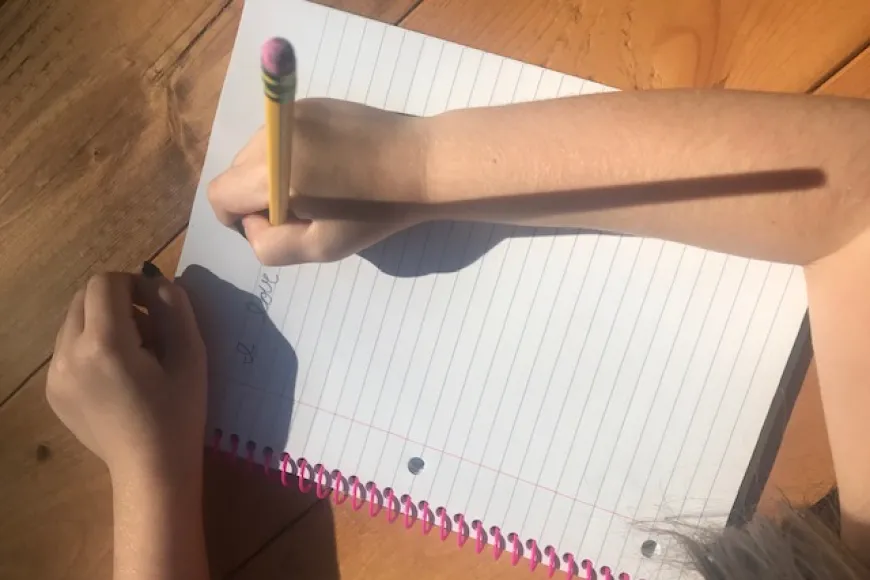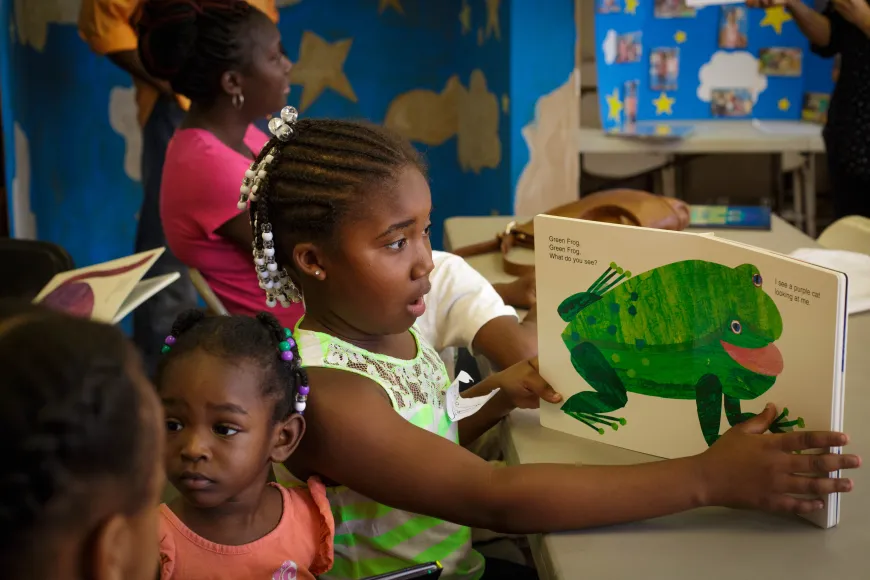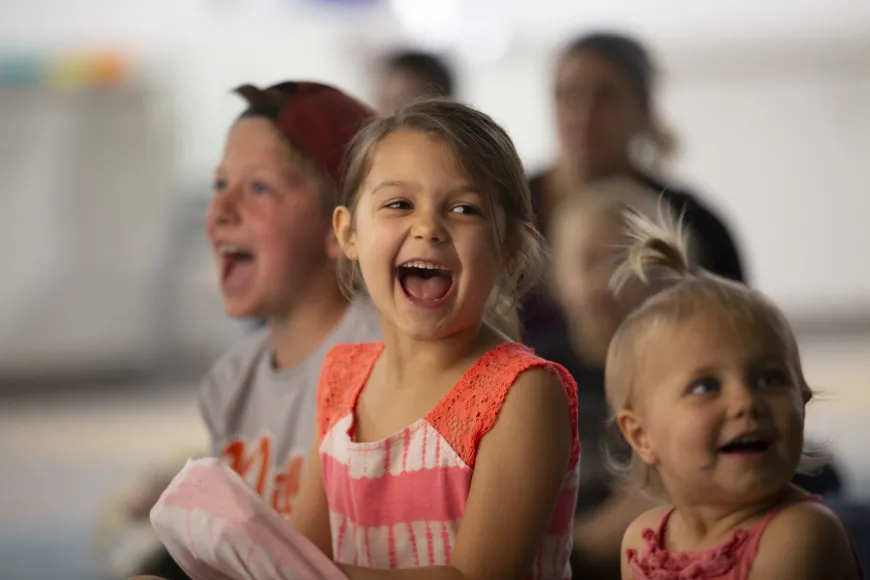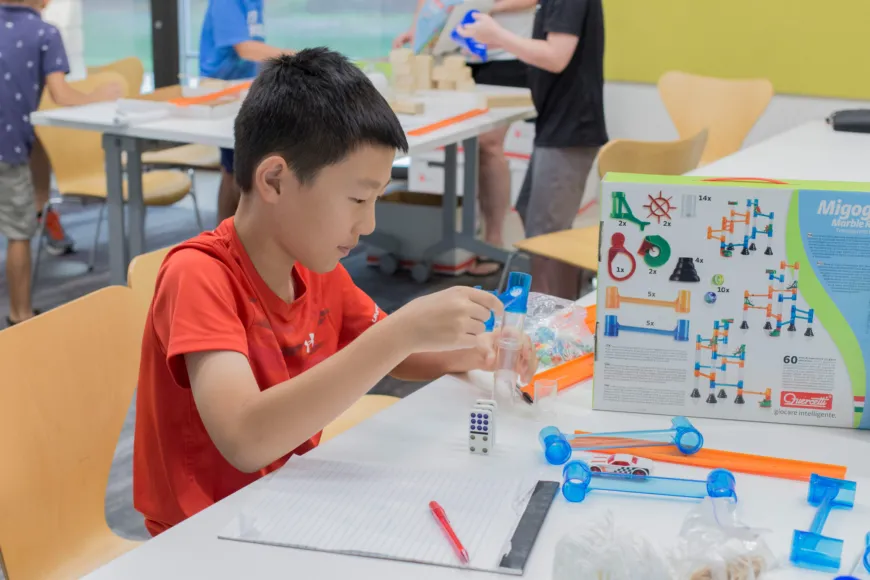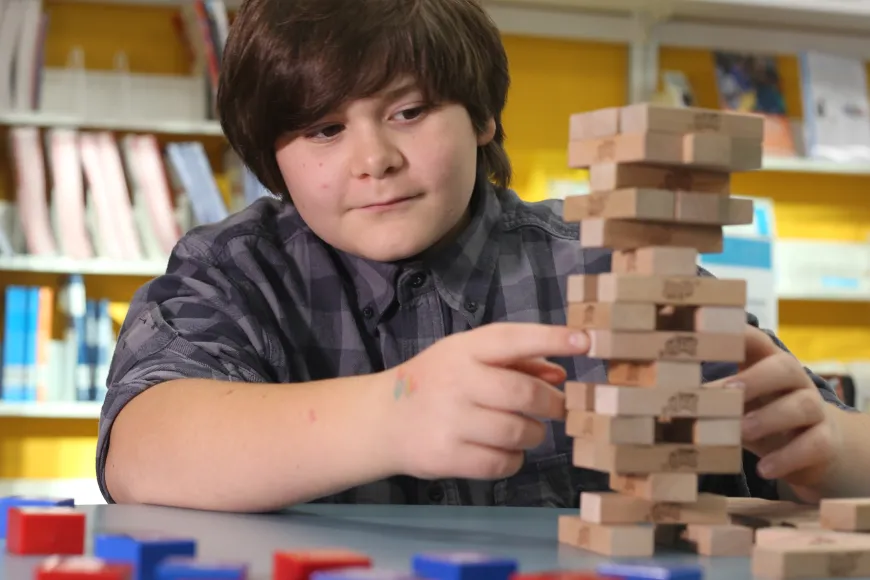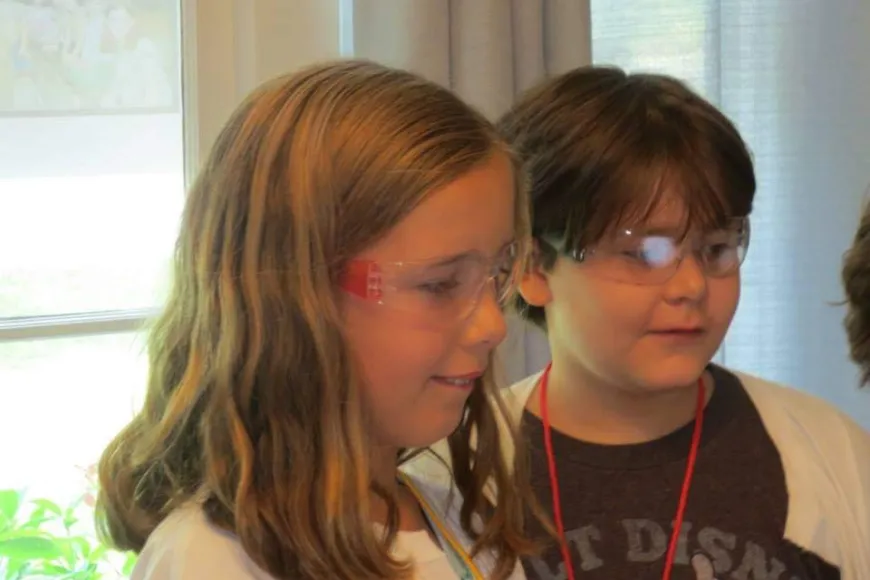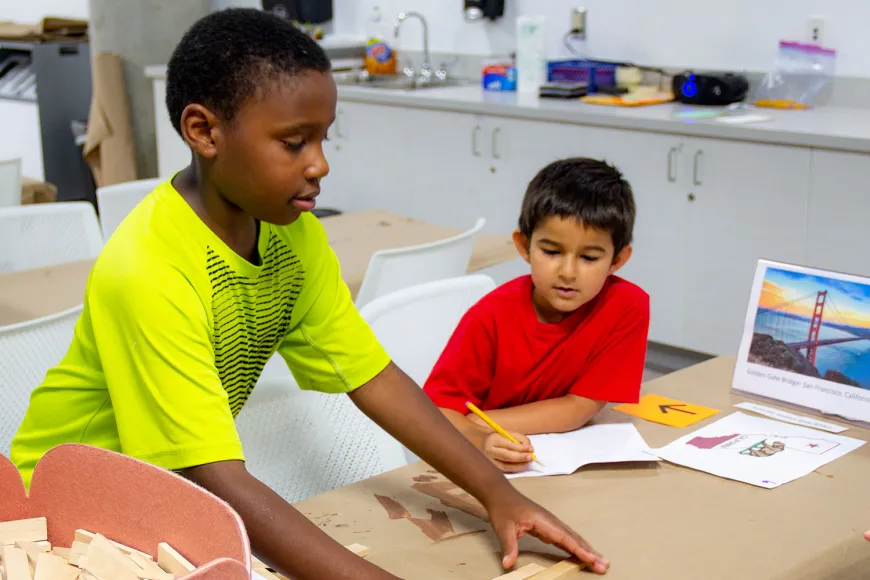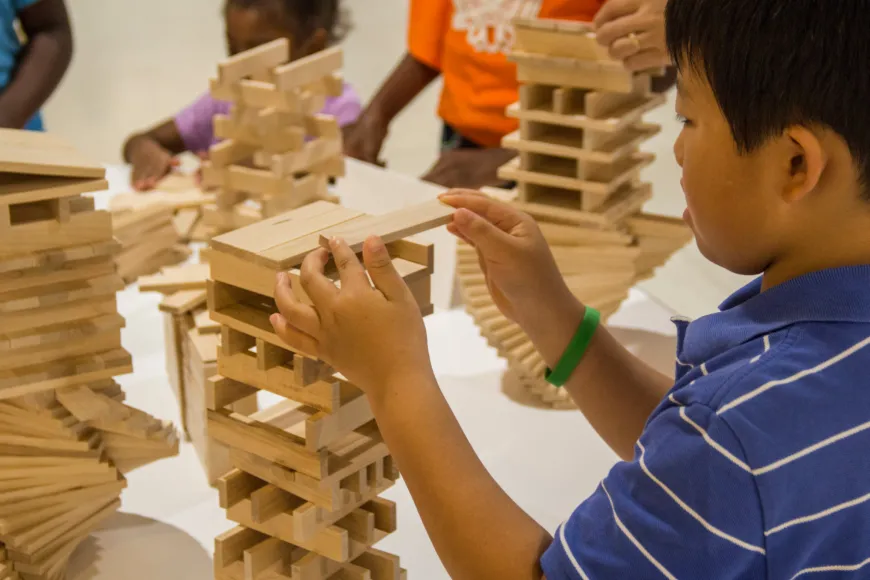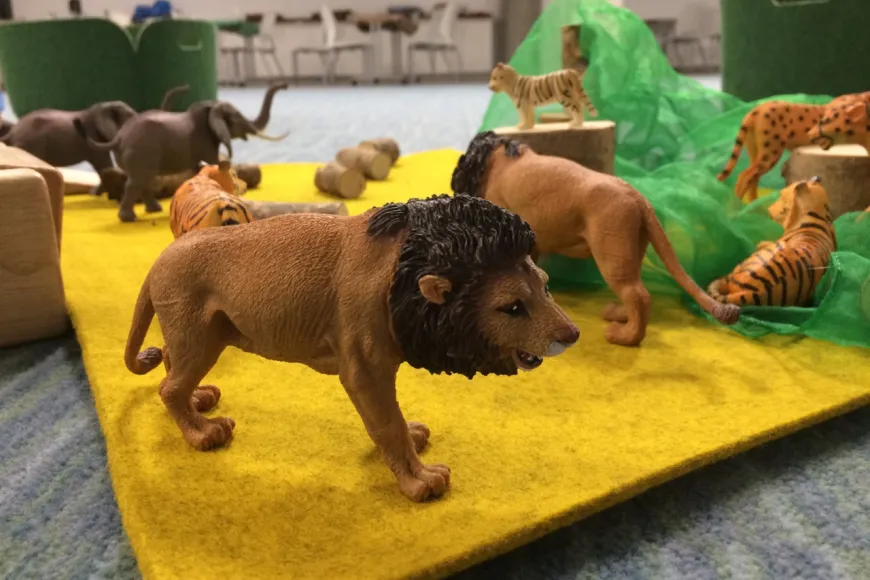SC Education Standards
Whether you're an educator, caregiver or parent, use these helpful posts, activities and book lists to help your student(s) meet and exceed the South Carolina Education Standards.
Organized by grade (K-3), subject matter and standard, our team has assembled a collection of easy-to-follow and accessible resources for all families in Richland County.
Explore the standard and then apply it through curated activities, multimedia and age-appropriate books.
Questions or need help with a specific standard? Give us a call at 803-799-9084 or Ask-a-Librarian.
Kindergarten
The word kindergarten comes from the German language. It means children's garden or "garden of children". As the name implies, kindergarten should be a time to nurture the growth of children, providing fertile soil for the imagination and opportunities to learn through play. Kindergarten, at its best, offers children a chance to play meaningfully. Caregivers should prepare opportunities for guided play as well as unstructured time for exploring the world on their own terms. SC standards can be introduced through quality books for children, multisensory learning activities, discussions with a caring adult, and open-ended play experiences.
First Grade
First grade is the year of words. First graders use their well-developed word banks to articulate their viewpoints and express their feelings. They are ready to tell stories and share ideas. They begin to understand the relationship between letters and sounds, and gradually reading becomes more fluent. First graders will start to make an important turn towards books as sources of independent learning. Children, especially struggling readers, benefit from decoding practice to build their reading skills. Every child’s reading journey happens at different times and different rates. First grade is only the first step.
Second Grade
The reading journey continues for second graders. They resume learning the basic rules for reading, spelling, and language structure. Second graders learn to ask questions to gather information. These little investigators are ready discuss the facts and think critically about solutions to problems. They are starting to pivot towards deep reading. Books are sources of information to connect ideas and come up with new ones. They begin to connect the words on the page with their own ideas. Second graders are thinkers.
Third Grade
Third grade is the sweet spot that many teachers love. It is the dividing point between learning to read and relying more heavily on reading to learn. It is crucial that third graders have access to reading instruction that will fill in any gaps and prepare them to read with more fluency and comprehension than expected in earlier years. Writing also becomes more crucial as students are expected to compose more complex paragraphs and frame their own ideas in text. With all these expectations, it is important to remember that third graders are still children, so play, exercise, and time outdoors should feature in a well-crafted plan. SC Standards can be introduced through quality books for children, multisensory activities, discussion, exploration, and play.
These posts were created by Richland Library staff using resources from the Family-Friendly Guides to the South Carolina State Standards and the South Carolina’s Department of Education Standards and Learning.
